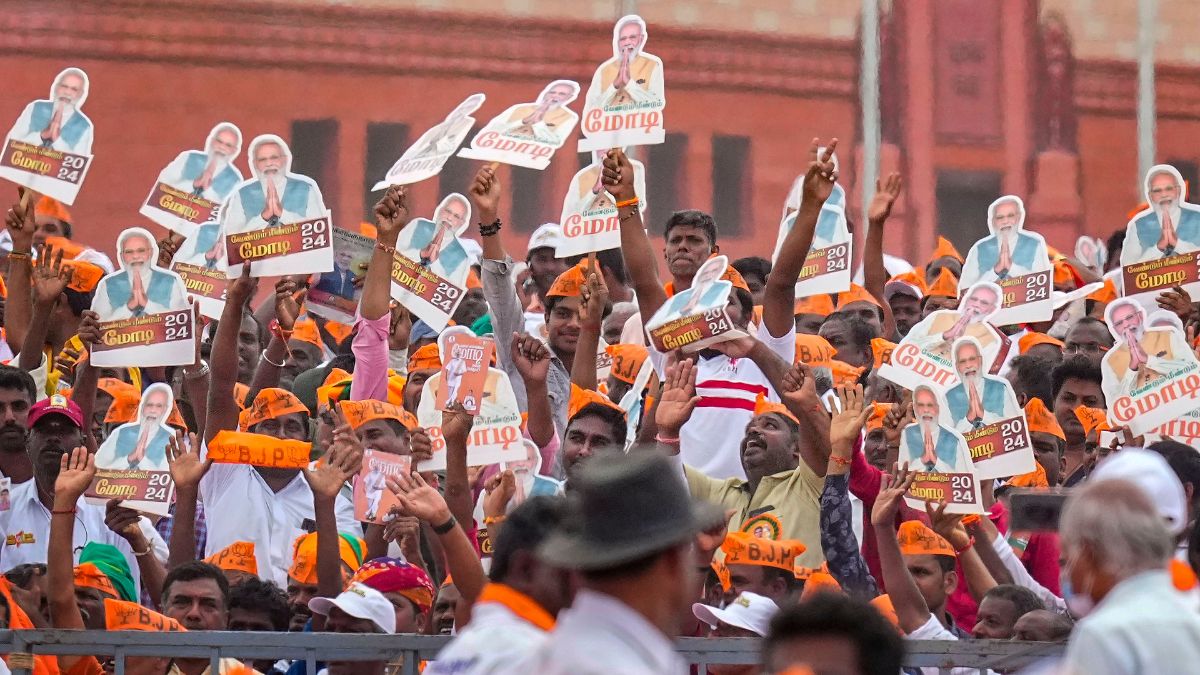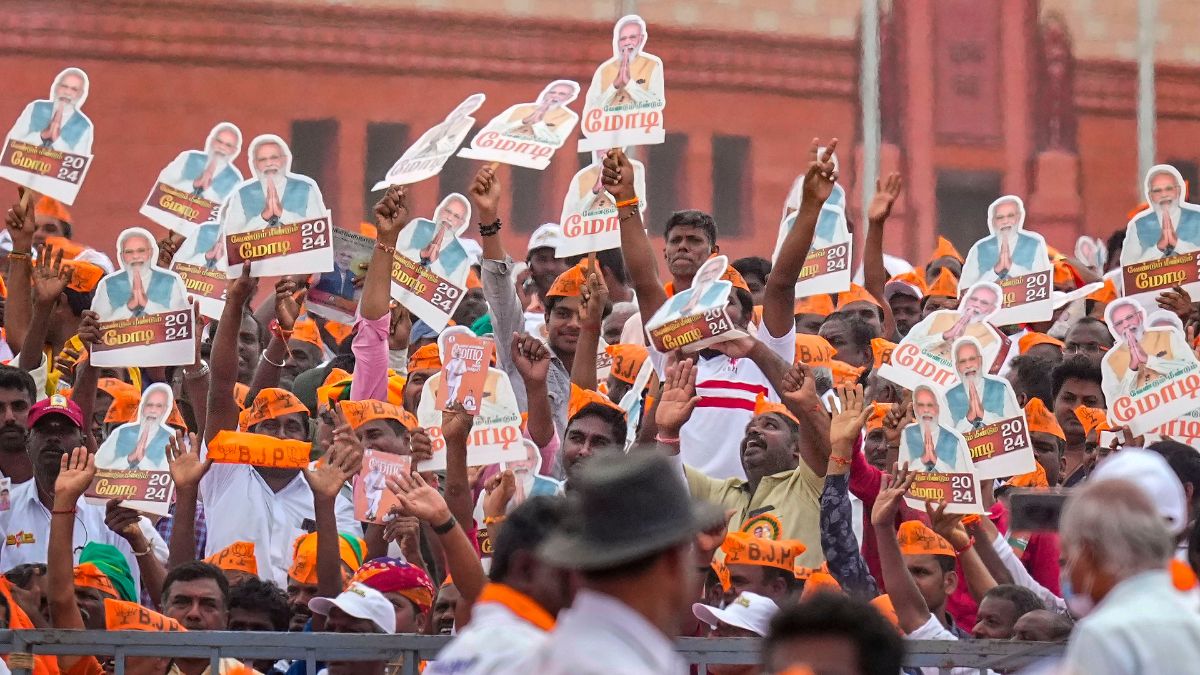Are music colleges in India, which impart learning in classical music, supposed to produce good calibre musicians or appreciative listeners? Maharashtra Times initiated a debate on this issue, which could have snowballed if the media found traction on it citing the eminent Hindustani classical singer, Kishori Amonkar, who said that music colleges hardly taught music. “Even if I am murdered, I shall continue to fight for good music teaching,” she said.
Amonkar was clear: Colleges do not deal with the critical aspect of learning music — how to do riyaz, which is practicing at length on a daily basis to perfect and retain perfection in singing or playing instruments.
She provided an example of how Goa Kala Akademy gives only two-year scholarships which implies a study of only two years. That forces changes in gurus, which disrupts the teacher-student relationship. In music tradition, the guru-shishya parampara is vital because each guru has a way of his/her own perfected and transferred to the learner.
A bit of explanation is warranted here.
The gurus belong to various gharanas — each distinct and nuanced — and the teachers leave an indelible stamp on the learner who sometimes spends years searching for teachers, as Bhimsen Joshi had. When finished with one gharana, the singer could reach out to another. Like Amonkar did: The Agra gharana and then the Bhindi Bazaar gharana, after which she experimented.
Only when they achieve mastery are they allowed to perform in public in most cases, which means learning music is very dissimilar to mere tutorials. Learning music is not like a formal education which is restricted to the number of years. Instead of, say, Maths, Philosophy, or Commerce, they teach music.
Speaking at a public interview in Thane – a Marathi tradition which of late is seen on television — Amonkar said, “Only if you have the resolve to teach a student for 10 years should you teach”. She lamented that those with MA and MPhil degrees ask “how to perform riyaz”. Do “they teach ragas or corpses of ragas? Some ragas which we (exponents) are reluctant to sing are taught in one year?”
A day after publishing her very strong views, the newspaper polled some musicians and came up with various nuanced views.
The unanimity was that colleges do not produce singers of note but only good listeners. In short, putting it differently, they are music appreciation courses.
Here is what five of them said:
Rahul Deshpande was quoted as saying that one must learn from one teacher for 12-15 years and then study the way others sing. But there was a need also to have appreciative audiences — perhaps that is what the colleges turn out at the end of the course.
Mukundraj Deo too heard the same beat in Amonkar’s lament. “There is a need to have talim from a guru to be an artiste”, and these colleges were started to encourage an understanding, a taste in good music and have appreciative audiences.
Mridula Dhade-Joshi, who has had 15 years training in one gharana was quoted asking “where can aspirants who cannot afford the fees of the mahagurus go?" She also underscored the fact that colleges “help produce good listeners and reviewers”.
Vidyadhar Oak, a fourth-generation harmonium player fully backed Amonkar for “colleges teach wrong things” and “there’s a deficit of the seminal shastras”. And yes, colleges do not produce artistes but they do turn out listeners.
Vrushali Dabke, a kathak exponent, however, struck a different note. Not all students can become artists and in changing times, one needn’t stick to a tradition or parampara. But the number of years a student can study has a bearing. She linked it to durations of scholarships.
So there you have it: Amonkar finds backers, and they do admit that music colleges don’t produce artistes.


)




)
)
)
)
)
)
)
)